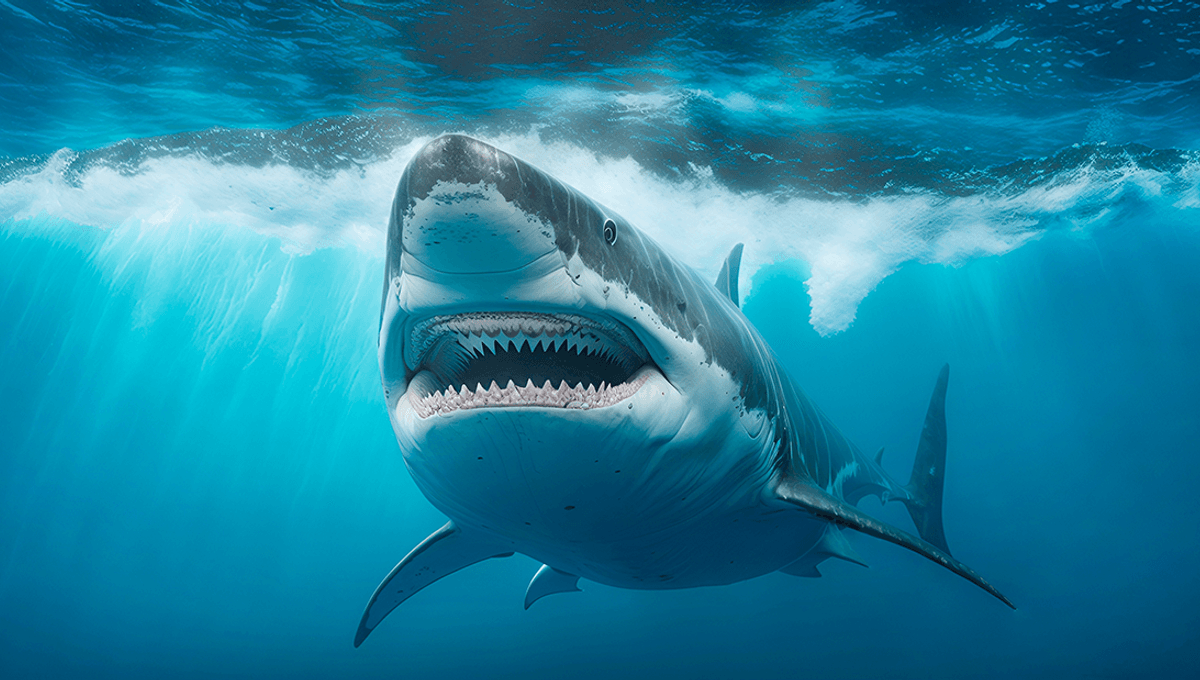
We’ve had cocaine bear, the depressing story of a bear that ate 31.8 kilograms (70 pounds) of cocaine lost during a drug deal. Now, get ready for something just as depressing: cocaine sharks.
In a documentary for the Discovery Channel’s Shark Week, an environmental scientist from the University of Florida, Tracy Fanara, and marine biologist and YouTuber Tom Hird investigated whether sharks off the coast of Florida could be ingesting cocaine. While it’s very hard to find a dealer in the Atlantic, packages of drugs have washed up on the shore for decades from smugglers dumping their haul, e.g. to evade law enforcement.
Live Science reports that the team did a number of tests to see if sharks would go for bales of cocaine in real life. First, they dropped packages made to look like cocaine to the untrained eye (in this case, sharks’) into the water, next to fake swans to see what the sharks headed for. Worryingly, the sharks went for the packages, taking bites out of what – in less ethical circumstances – could have been a big haul of cocaine.
In another part of the experiment, to be shown on the Discovery Channel on July 26, the team dropped the packages from a plane, just like a real-life drug drop. This time, several species of shark went in for a taste.
The team hopes to conduct tests on tissue and blood samples to see if cocaine and other drugs are getting into their systems in the real world.
“The other thing we might find is actually this long flow, [this] drip of pharmaceuticals: caffeine, lidocaine, cocaine, amphetamine, antidepressants, birth control – this long slow drift of them from cities into the [ocean] is… starting to hit these animals,” Hird told Live Science.
More evidence would be needed to conclude that sharks are eating cocaine in real life, but it is nevertheless concerning behavior, especially given the unknown effects it has on fish. Research in 2018 showed that low levels of cocaine in water supplies can “cause severe damage to the morphology and physiology of the skeletal muscle of the silver eel, confirming the harmful impact of cocaine in the environment that potentially affects the survival of this species.”
Another study in 2019 found that freshwater amphipods in rural Suffolk, UK, tested positive for cocaine, ketamine, Xanax, and Valium, which had made their way into the water supply. Though we’re not sure this one will be made into a film like Cocaine Bear and Cocaine Shark, IFLScience reserves all rights to the phrase Cocaine Crustacean: Time To Krill.
[H/T: Live Science]
Source Link: Good News Everybody: Florida Sharks May Be Gobbling Up Cocaine